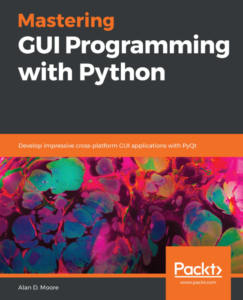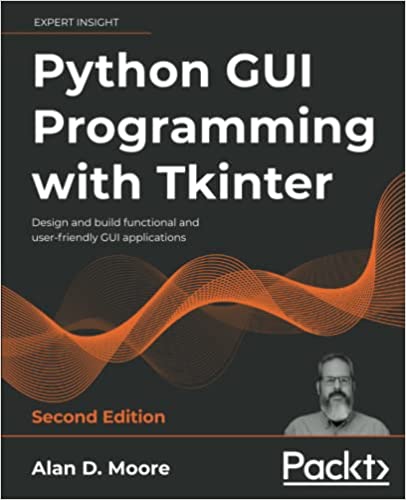Error received while attempting to make Oracle talk to php5 on Debian:
Unpacking oracle-xe-client (from .../oracle-xe-client_10.2.0.1-1.2_i386.deb) ... This system does not meet the minimum requirements for swap space. Based on the amount of physical memory available on the system, Oracle Client 10g Express Edition requires 1024 MB of swap space. This system has 542 MB of swap space. Configure more swap space on the system and retry the installation.
That’s 1024 MB of swap space to install the client. Why???? Who knows!! Never mind that I have plenty of RAM, enough to operate the entire 32bit address space without any swap at all, but ORACLE MUST HAVE MOAR SWAP.
So I’ll just totally go do a bunch of low-level disk-monkeying on my web servers to accommodate this need, I guess…


HP Decides to Open Source WebOS
Well this looks like interesting news: HP has decided to open its failed WebOS platform to developers. If they do it right and actually help found a project, this could be really cool. WebOS might become the free software option for mobile & tablets for all us I-must-replace-the-factory-OS-on-every-device-I-own folks.
Then again, they could just mess it up and WebOS will fade into obscurity.
It’ll be fun to watch, either way.